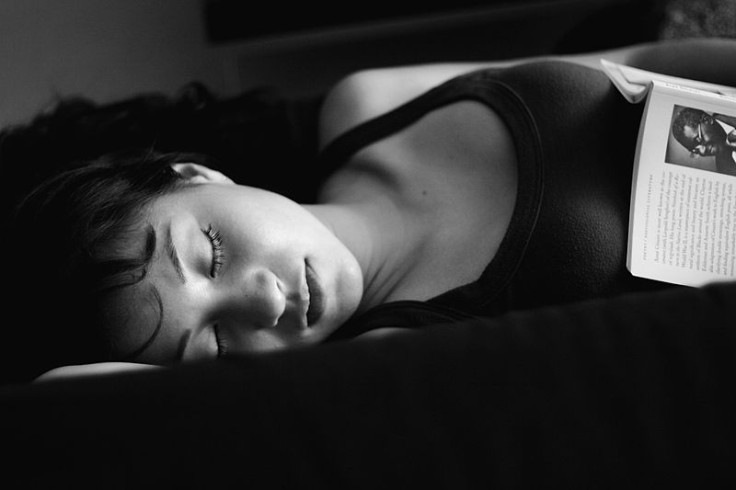NASA Will Pay You $5,000 A Month To Stay In Bed: 'Bed Rest Study' Requires Participants To Do Nothing For 70 Days

A NASA research program will pay participants upwards of $5,000 to do nothing. Conducted by the agency’s Flight Analogs Project Team at the Johnson Space Center, the Bed Rest Study is the ultimate job for people who would rather stay in bed. The experiment, which is designed to study the effects prolonged exposure to microgravity, requires participants to remain horizontal for a period of 70 days.
According to the space agency’s website, the Bed Rest Study is an ongoing effort to improve conditions for astronauts working in a weightless environment. Since large-scale studies are unfeasible in orbit, the effects of microgravity must be simulated on the ground. Head-down bed rest, it turns out, offers an excellent alternative to space flight.
“This study will show how much your body, tilted down slightly with head down and feet up, for 70 days, 24-hours a day, without getting out of bed, except for limited times for specific tests, is like an astronaut’s body during the weightlessness of space flight,” the agency writes. “Watching you will help scientists learn how an astronaut’s body will change in weightlessness during space flight in the future.”
The program, which divides participants into exercising subjects and non-exercising subjects, consists of three segments – the Ambulatory Period, the Bed Rest Period, and the Recovery Period. During the Ambulatory period, both groups will spend a few weeks moving around freely inside the bed rest facility. This allows researchers to monitor their bodies under normal conditions.
After that, the Bed Rest Period begins. During this 70-day experiment, participants will spend all of their time in bed. According to The Daily Mail, subjects have access to video games, TV, books, and internet. Food is provided to maintain bodyweight.
Finally, participants enter the Recovery Period. After 70 days of literally doing nothing, participants are slowly deconditioned and reintroduced to normal activity over 14 days. At the end of the study, the “pillownauts” will have spent between 97 and 105 days at the facility.
“I'm a very active person, so it's difficult to be restricted to bed sometimes, but many of us are willing to do it for the sake of future space exploration,” said Heather Archuletta, who has taken part in the study three times. “The... money... is... pretty freaking awesome, however. About $5,000 per month, which is great if you've just graduated, can't find a job, are between jobs, or just plain love space exploration.”



























